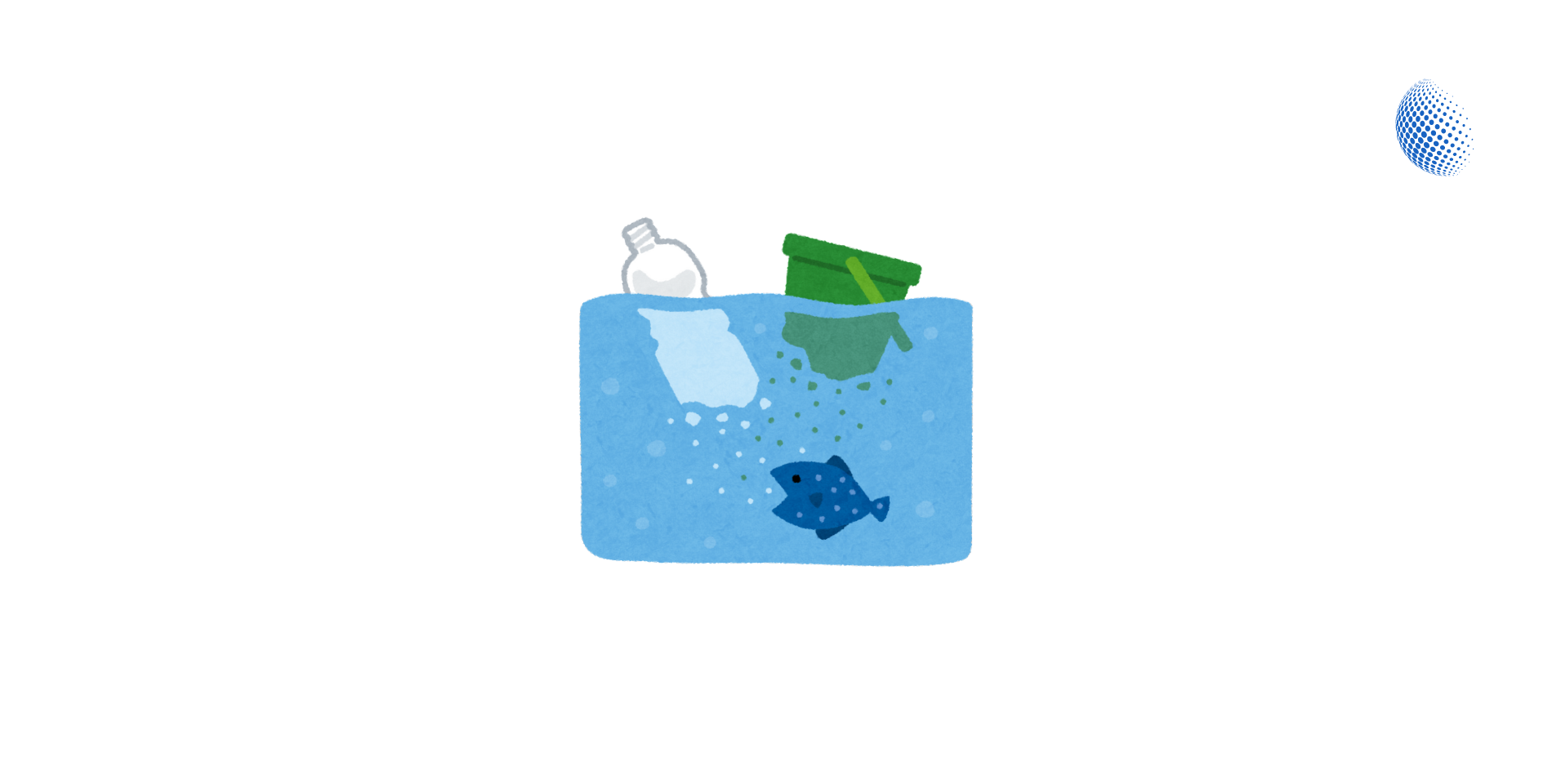Plastic pollution in oceans has become a global crisis, with devastating effects on marine life, ecosystems, and human health. As plastic waste continues to accumulate in our oceans, the urgency to address this issue has never been greater. In this blog post, we will explore the causes and consequences of plastic pollution in oceans, as well as potential solutions to mitigate its impact.
Causes of Plastic Pollution in Oceans
Plastic pollution in oceans is primarily caused by human activities, particularly improper waste disposal and lack of recycling efforts.
The widespread use of single-use plastics, such as water bottles, straws, and plastic bags, has contributed to the accumulation of plastic waste in our oceans. Additionally, plastic microbeads found in personal care products have also been a significant source of pollution in marine environments.
Consequences of Plastic Pollution in Oceans
The consequences of plastic pollution in oceans are far-reaching and detrimental to marine life and ecosystems.
Plastic waste can entangle marine animals, such as sea turtles, dolphins, and seabirds, leading to injury or death. Ingestion of plastic debris can also be fatal to marine species, as they can mistake plastic for food. Furthermore, plastic pollution can disrupt marine ecosystems and harm biodiversity, leading to long-term ecological consequences.
Impact on Human Health
Plastic pollution in oceans not only affects marine life but also poses a threat to human health.
When plastic waste breaks down into microplastics, it can contaminate seafood and enter the food chain. This can lead to the ingestion of harmful chemicals and toxins present in plastic, which can have adverse health effects on humans. Additionally, the presence of plastic debris on beaches and in coastal areas can impact tourism and local economies.
Solutions to Plastic Pollution in Oceans
Addressing plastic pollution in oceans requires a multi-faceted approach, involving individuals, communities, governments, and industries. One of the most effective solutions is to reduce the use of single-use plastics and promote sustainable alternatives, such as reusable bags and water bottles. Recycling efforts should also be improved to prevent plastic waste from entering our oceans. Additionally, clean-up initiatives and beach clean-ups can help remove plastic debris from marine environments and prevent further pollution.
Regulations and Policies
Governments and organizations play a crucial role in addressing plastic pollution in oceans through the implementation of regulations and policies. Bans on single-use plastics, such as plastic bags and straws, have been enacted in many countries to reduce plastic waste. Extended producer responsibility (EPR) programs hold manufacturers accountable for the disposal and recycling of their products, incentivizing sustainable practices. International agreements, such as the Basel Convention and the Global Plastic Action Partnership, aim to coordinate efforts to combat plastic pollution on a global scale.
Innovation and Technology
Innovation and technology are key drivers in finding sustainable solutions to plastic pollution in oceans. Biodegradable plastics and alternative materials, such as plant-based plastics, offer environmentally-friendly alternatives to traditional plastics. Advanced recycling technologies, such as chemical recycling and pyrolysis, can convert plastic waste into valuable resources. Remote sensing and monitoring technologies can help track plastic pollution levels in oceans and inform conservation efforts.
Education and Awareness
Raising awareness about the impacts of plastic pollution in oceans is essential in inspiring behavioral change and promoting sustainable practices. Education campaigns, school programs, and community outreach initiatives can help inform the public about the importance of reducing plastic waste and protecting marine environments. Engaging with stakeholders, such as businesses, schools, and non-profit organizations, can foster collaboration and collective action to address plastic pollution in oceans.
Conclusion
Plastic pollution in oceans is a pressing environmental issue that requires urgent action to mitigate its impact on marine life, ecosystems, and human health. By addressing the causes of plastic pollution, implementing sustainable solutions, and raising awareness about the consequences of plastic waste, we can work towards a cleaner and healthier ocean environment for future generations. Together, we can make a difference in combating plastic pollution in oceans and protecting our precious marine ecosystems.”

